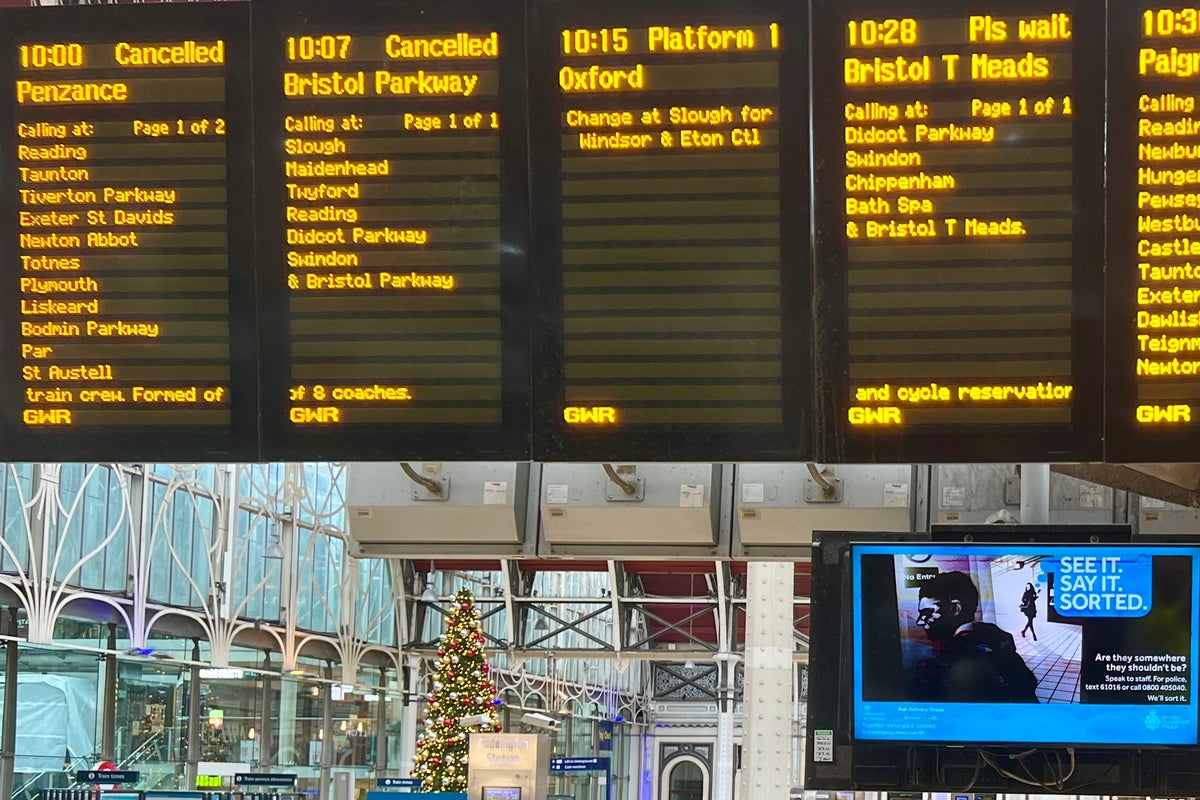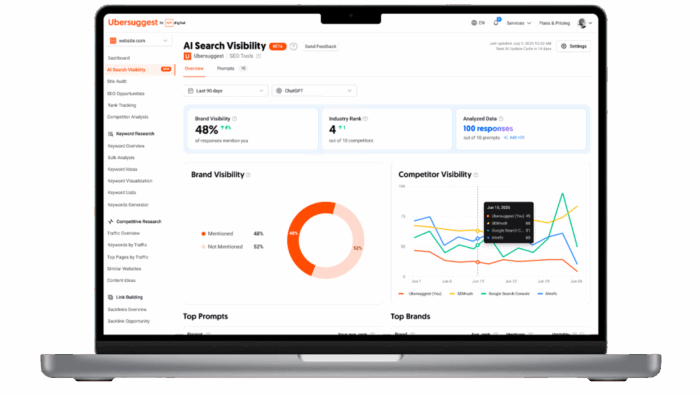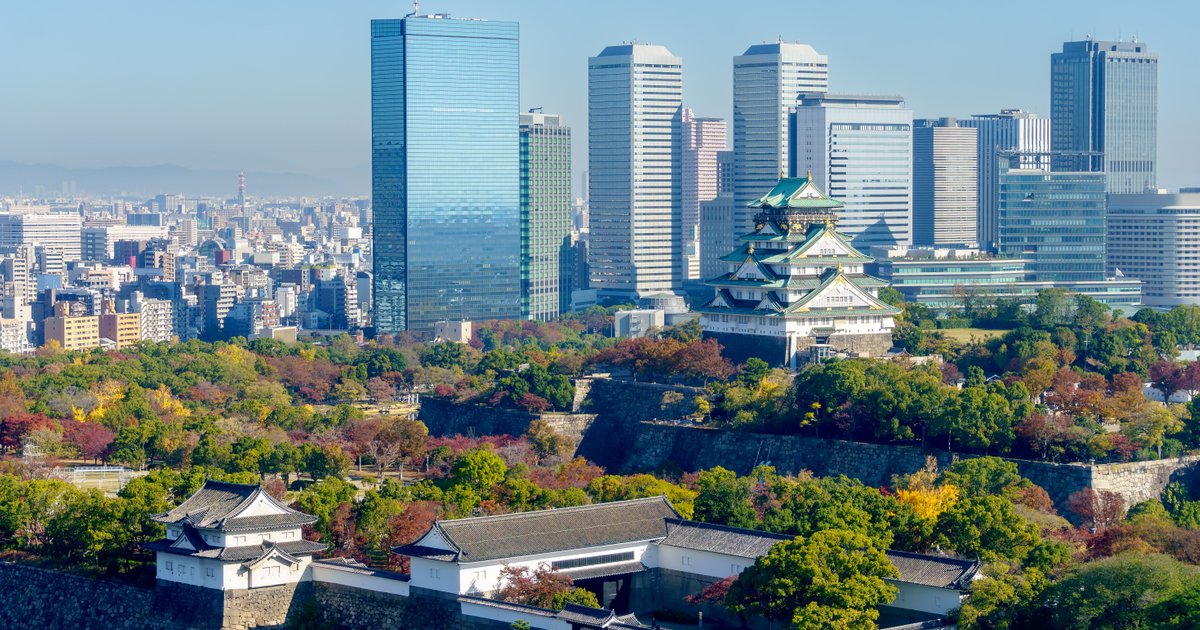2024 in focus: Here’s our recap of events & business trends that made waves in Singapore
As 2024 comes to an end, we revisit the Singaporean headlines that made this year stand out. Here were some key events and business trends.
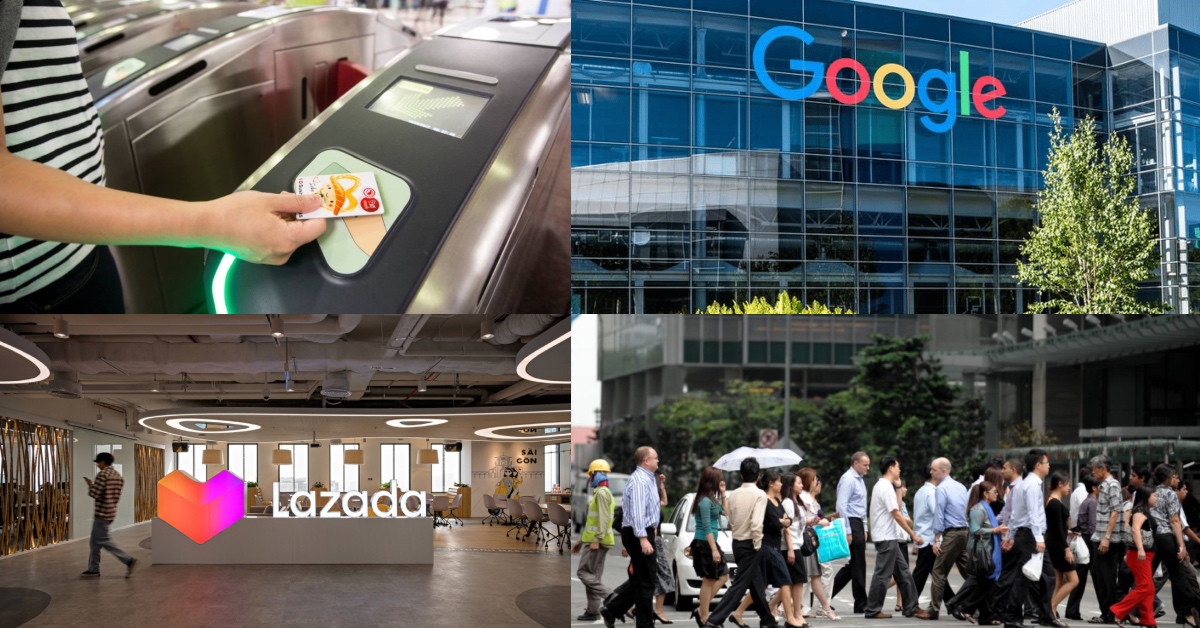
Yet another year has come and gone, and at Vulcan Post, we’re hitting pause to look back on the key events that have defined 2024.
We’ve followed the journeys of entrepreneurs, unpacked key events in Singapore, and explored trends that caught our readers’ attention. And as we bid goodbye to 2024, it only feels fitting to revisit the stories that made this year stand out.
So without further ado, here’s a recap of the moments, trends, and events that shaped the year:
2024 kicked off with a whirlwind of events
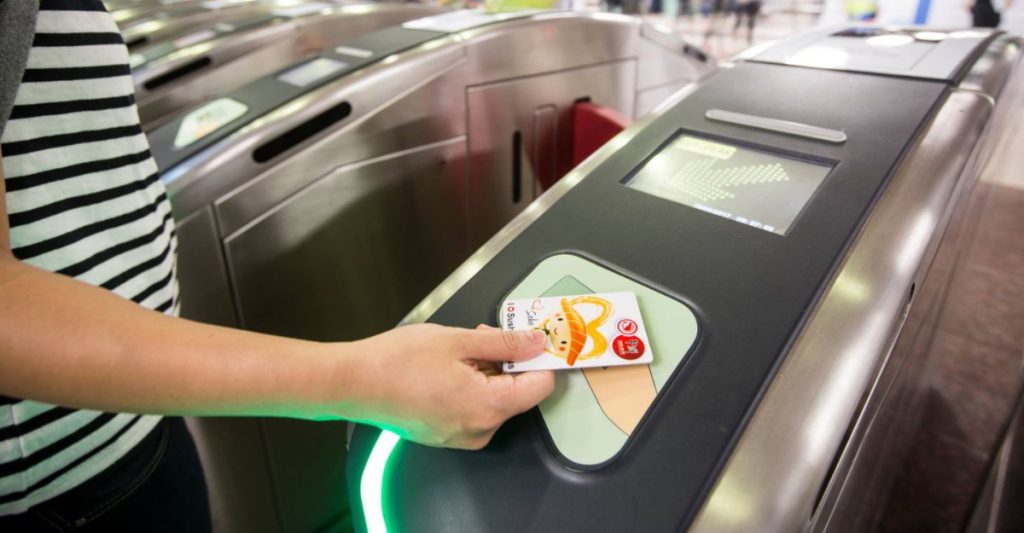 Image Credit: Public Transport Council via Facebook
Image Credit: Public Transport Council via FacebookIn January, the Land Transport Authority (LTA) announced that EZ Link and NETS FlashPay cards would be phased out in favour of the SimplyGo platform by June 1st, sparking intense public backlash.
Commuters were unhappy as they were not able to check their stored-value card balance and fare deductions at MRT gates and bus card readers, and there were also complaints about the delays they faced when upgrading their cards to SimplyGo-compatible ones.
As public frustration erupted on social media, with many questioning the necessity of the proposed changes, LTA quickly reversed their decision just two weeks after the announcement, acknowledging the need to iron out concerns raised by commuters.
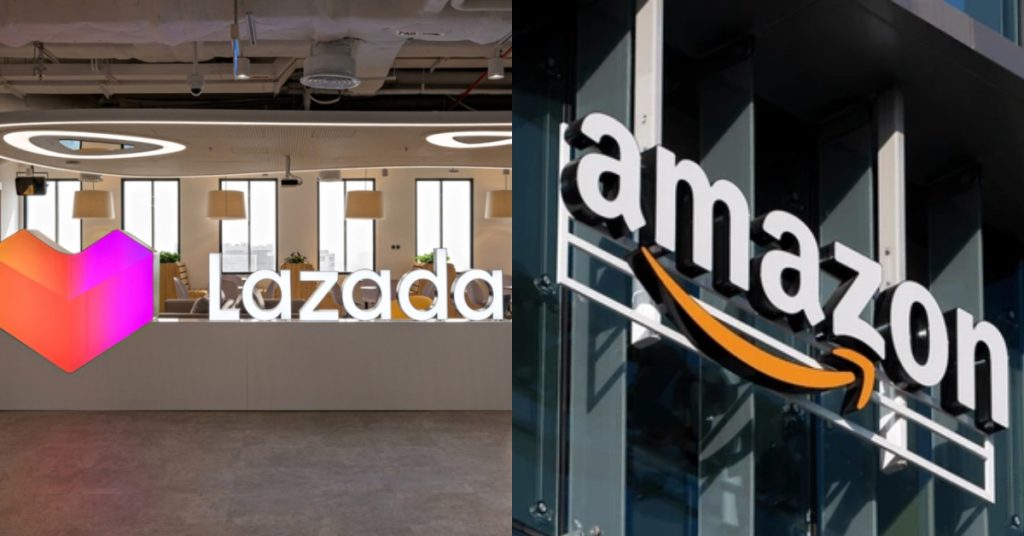 Image Credit: Getty
Image Credit: GettyIn the tech and business world, layoffs continued to be a constant headline—global firms were cutting staff almost every other day, and Singapore wasn’t spared from the impact.
At the start of the year, Lazada let go of at least 100 employees in Singapore across multiple departments, with some teams even having their manpower reduced from 20 to 30 people to four or five remaining employees. Amazon and Google also followed suit, making significant reductions in its workforce.
With so many layoffs happening in the first month alone, we just had to compile a list of companies that had downsized and affected staff in Singapore to give you an overview of the employment landscape and how these layoffs are affecting the local workforce.
And speaking of the local workforce, Singaporean companies were also feeling the pinch, laying off employees as part of cost-cutting measures. PropertyGuru Group, after a strategic review, shut down its unprofitable units and laid off 79 employees in February.
Smaller homegrown businesses, like Stickies Bar, also faced difficulties—the company found itself embroiled in controversies after it abruptly shut down its outlets and delayed paying employees on time.
A shift in Singapore’s employment trends & a worldwide IT disruption
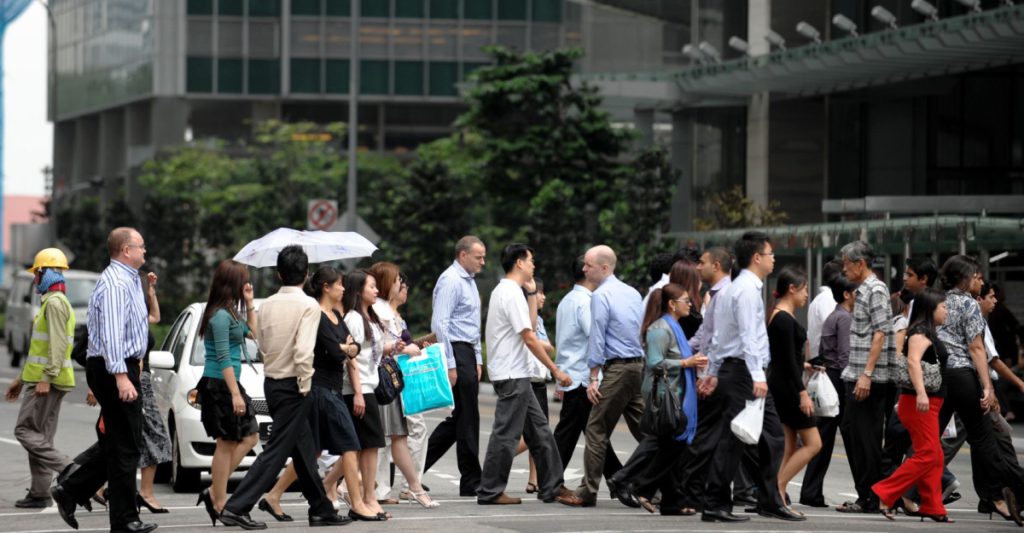 Image Credit: Unsplashed
Image Credit: UnsplashedAmidst the challenging start to the year, particularly in the employment landscape, we’ve noticed a growing interest in news about job trends—an area that resonated deeply with you, our readers, as the year progressed.
The allure of tech in Singapore has dimmed considerably. Beyond widespread layoffs, the industry has faced a sharp decline in funding in Southeast Asia. In fact, tech funding in the region has plunged by 59 percent year on year to US$2.84 billion this year.
This downturn has also brought about a notable shift in compensation trends within Singapore’s tech industry. In contrast to the preceding two years, there is now an overall decrease in salaries for various tech positions, including software engineers.
Career progression is also top of mind for Singaporeans navigating the job landscape. Among other articles that resonated with our readers was a detailed list of 15 large companies offering the best career growth opportunities in Singapore, and another highlighting the most in-demand careers in the city-state.
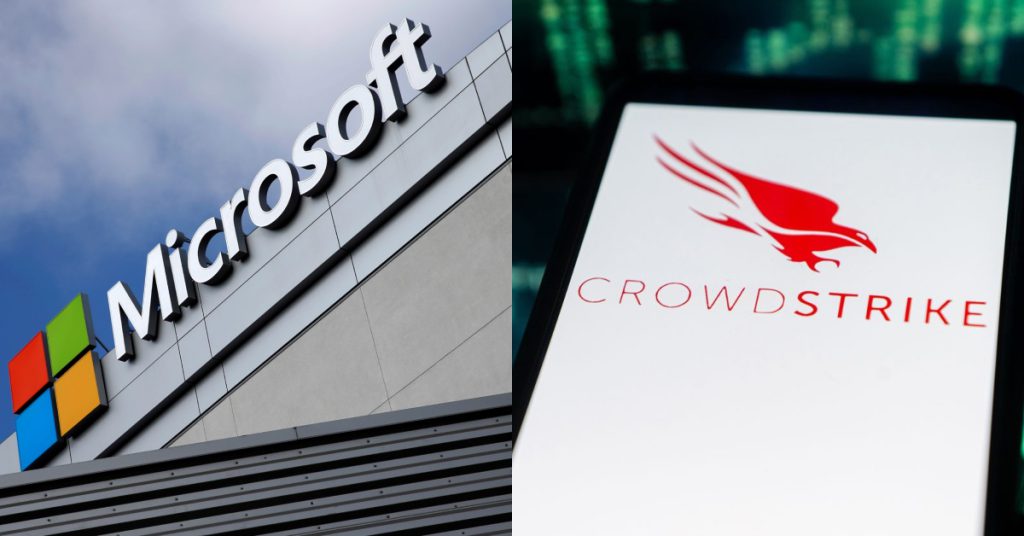 Image Credit: Reuters/ CNN
Image Credit: Reuters/ CNNIn July, another major incident dominated the headlines: the CrowdStrike IT outage, now considered one of the largest IT outages in history. Roughly 8.5 million systems crashed and failed to restart properly, leaving industries across the globe grappling with widespread disruptions.
The outage was triggered by a botched update by cybersecurity software firm CrowdStrike that was applied to Microsoft Windows operating systems.
In Singapore, snaking lines were seen at Changi Airport as self-check-in machines for over 10 airlines were down. Even local news outlets like Lianhe Zaobao and The Straits Times were not spared, with both reporting operational impacts from the outage.
The year is ending with a spate of layoffs and business closures
As we approach the end of the year, it’s layoff season once again. Since August, reports of companies implementing job cuts have continued to emerge.
This includes Qoo10—the ecommerce firm laid off more than 80% of its Singapore-based workforce and reportedly defaulted on payments to local merchants and consumers. Other companies also laid off employees, including Carousell, Dyson, and Samsung.
 Image Credit: Little Caesars/ Times Bookstore
Image Credit: Little Caesars/ Times BookstoreThere were also a spate of closures and exits in the F&B and retail sectors. Little Caesars, the third largest pizza chain in the world, closed its very last outlet in the city-state in September after struggling to sustain its operations.
Times Bookstore and Epigram Books bid goodbye as well, as they grappled with low sales and foot traffic.
Meanwhile, the coworking industry in Singapore has also seen a decline—with companies looking to lower costs, many are choosing to consolidate office spaces and opt out of coworking arrangements entirely. This has led players like WeWork to give up space in two prime locations in Singapore last month.
The challenges facing the business landscape are undeniable—it’s been a tough year across industries.
…But all is not lost
 From L to R: Nivedita Venkateish, founder of Aire, and Kevin Chia and Sylvia Lim, founders of Vivre Activewear/ Image Credit: Aire/ Vivre Activewear
From L to R: Nivedita Venkateish, founder of Aire, and Kevin Chia and Sylvia Lim, founders of Vivre Activewear/ Image Credit: Aire/ Vivre ActivewearWhile the trend of layoffs has persisted since the COVID-19 pandemic and the ongoing tech winter, adversity has also spurred some businesses to adapt and innovate.
Instead of succumbing to the challenges, these businesses have stepped up, proving that tough times can present opportunities for reinvention and growth.
This year, Sea Limited celebrated a milestone: its first profitable year since going public in 2017. The tech conglomerate has experienced its fair share of highs and lows, and in this article, we delved into insights from Forrest Li, as he shared how the company scaled up and overcame challenges since its inception.
Though the business landscape has posed challenges for local activewear brand Vivre Activewear—leading to the closure of all its retail outlets in recent years due to high rental and manpower costs—the company has used these setbacks as an opportunity to pivot. By adapting its business model, the brand is strategically positioning itself for long-term sustainability.
On the other hand, some Singaporeans even took being laid off as a chance to build their own business, including Aire founder Nivedita Venkateish. She created an adult diaper brand after being retrenched from Meta, driven by her desire to provide better options for her grandmother who suffered from adult incontinence.
With that, let’s end 2024 and move into the new year on a hopeful note—even in the toughest times, innovation and resilience can spark new opportunities and pave the way for growth.
Read articles we’ve written about Singaporean startups here.Featured Image Credit: Unsplashed/ Getty/ Public Transport Council via Facebook

 ShanonG
ShanonG 




















